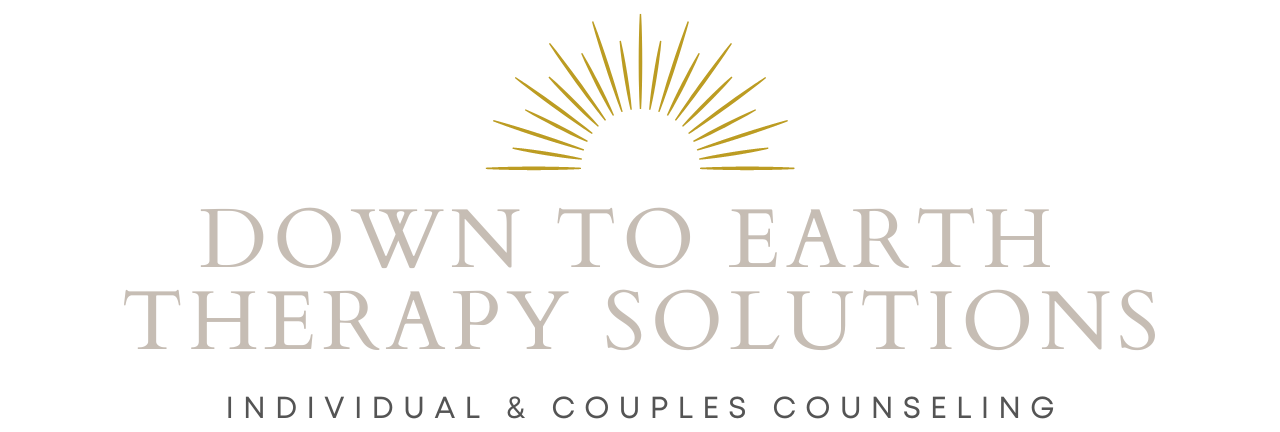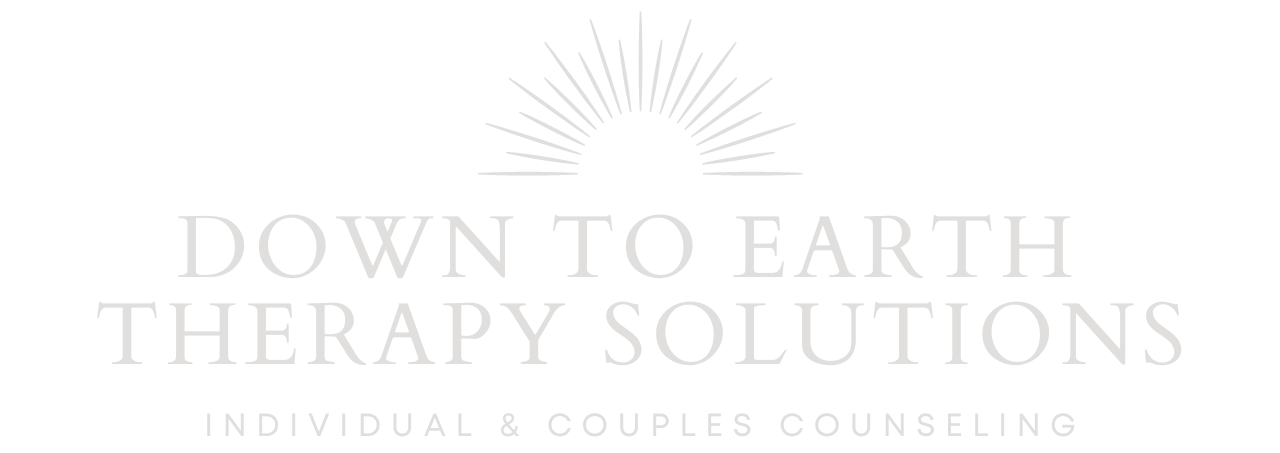Sometimes in relationships, the hardest decision you can ever make isn’t about trying to make things work or keeping the peace. There are times when the hardest choice is to walk away from someone you still love and care about but the toxicity that maintaining that relationship brings to your life is soul-crushing. It’s a version of walking away because you still love them and because ultimately you have a duty to protect yourself. Whether it’s a family member or a partner, the heartbreak of severing ties with someone you once held in such high regard can feel earth-shattering and echo in all corners of your life.
It’s often assumed that when people end relationships—especially with family members—it’s due to a lack of love and affection. For many, this is simply not the case and it’s far more complex and complicated. The decision to cut off a toxic person can be rooted in self-preservation, in the need to create boundaries that allow you to heal and protect your mental and emotional well-being. And even though it’s the healthiest choice, it can be an incredibly painful one to make. Even if we crave boundaries to create inner peace, we are often the ones that make excuses for others and will internally wrestle with whether it is better to hold a boundary or disregard it.
The Complexity of Love in Toxic Relationships
If you feel love for someone or are in love with someone, that love doesn’t fade or change overnight. In fact, when deciding to sever ties with someone you care deeply for, that love is still very present and apparent from your perspective and your situation. You can recall all the good times and memories that contribute to those caring feelings. The longing that happens to hold on to those things in the hopes it can be recreated is strong. There’s a grieving process that comes with it, and it’s hard not to feel guilty, wondering if you could have done more, loved more, or been more patient. It’s important to remember that you’re making this decision was not done lightly and is what is needed to move forward for you.
Toxic relationships involve a distinct pattern of behavior that wears you down. Whether it’s manipulation, emotional abuse, constant negativity, or a lack of respect for your boundaries, it’s hard to grow or even breathe in that kind of environment. Love isn’t enough to counteract the damage or to encourage healthy change and compromise.
It’s like trying to grab a log that’s burning in a fireplace. Sure, you can grab the log and pull it out, but there will be some heavy consequences. The longer you try and hold on the more severe your injury will likely be. The heal time will be long and there could be long-term permanent damage done. You must choose to stop touching the hot log and work towards tending to your own wounds and hurts.
The Heartbreak of Letting Go
The sadness that comes from cutting off a toxic person is confusing. Not just to you but to other people also. It’s easy to assume that someone needed to do something so terrible to have to cut them off. It’s not always that obvious and a much longer burn that was felt. You might have not explained to others the hurt you were feeling to protect the person you loved. Often suffering in silence while also slowly losing yourself along the way. Although this hurt is there, walking away and choosing different can feel just as painful. It can potentially feel more intense immediately following the decision to cut someone off even if the relationship was malignant or damaging. The pain of loving someone who can’t—or won’t—be healthy for you can feel like an emotional rollercoaster.
You might cry, question yourself, and wonder if you’ve made a mistake. Others may even question you and urge you to reverse your decision and disregard this new boundary you set. You might second-guess whether you could’ve done something different or whether the person could still change if you just give them one more chance. The longing to fix things, to make them work, can be all-consuming. Deep down though, you know that unless the toxic behaviors stop, you’re doing the right thing by stepping away. Love and caring are not mutual if you have to walk away before they try to make a last-ditch effort to change ways that they were hurting you or make short temporary changes to make you change your mind.
The sadness is not just about the loss of the person—it’s the loss of the relationship you once envisioned, the potential that could have been, and the reality that it wasn’t enough to overcome the hurt and have things be different. The sadness is rooted in thoughts that you could have done more, aren’t enough, or that you could change to make the way the other person is treating you the fantasy version of the relationship.
Both that’s just it. A relationship involves two people. Two people that can agree on a goal to work towards, determine responsibility they both have towards that goal, accountability towards behaviors to attain the agreed upon goal and compromise within discussing and attaining the shared goal together. It’s not coming up with a goal and only one person doing all the work. One-sided relationships are rarely healthy relationships.
The Guilt of Cutting Ties with Family
When the toxic person is a family member, the stakes can feel even higher. The connection runs deeper with personal pressure to “keep the family together” or “keep the peace” weighing heavily on your decision. There’s an underlying sense of guilt or shame that accompanies the decision. “Blood is thicker than water,” they say, implying that family should always come first, no matter what. But what if that family member brings more pain than joy? What if their presence is a constant reminder of your hurt, your abuse, your vulnerabilities, or your inability to be your true self? Remember you are doing this to keep your peace, not other’s peace. You are only in control and responsible for you.
Cutting off a family member isn’t about not loving them; it’s about choosing your peace over your loyalty to the idea of what family is supposed to be. It’s about prioritizing your mental health, your sense of worth, and your ability to grow as an individual. And yet, even after making this choice, there’s a lingering ache that feels like a betrayal. The sadness comes from knowing that love alone isn’t enough to mend a broken relationship and that sometimes, to heal, you must step away from the very people who believe are supposed to care for you unconditionally.
It’s a difficult decision to make internally let alone having to tell others what your decision is. Then, being able to hold and maintain that decision when it’s likely that others in your family do not agree with you becomes a different battle with other feelings and tactics.
The Long Road of Healing
The grief you’re feeling after cutting someone off doesn’t go away immediately. It lingers like a shadow, a reminder of what was and what could have been. You might spend significant time crying over the relationship, wondering if you’ve done the right thing, or fearing that you’ll regret it later. Your healing takes time. And in time, the pain softens as you build new boundaries and new relationships that nurture you rather than drain you.
There’s also a profound sense of relief that can come with cutting off toxic people. The weight of constant worry, self-doubt, and emotional exhaustion begins to lift. The clarity of your decision may not be obvious at first, but over time, you’ll begin to see the benefits of putting yourself first, even if it’s painful. Little by little you begin to trust yourself again and the decisions you made and continue to make. It’s like a rebirth of the person you always were.
You’ll find that your ability to love and be vulnerable again. This might be with friends, partners, or even family members who respect your boundaries. These relationships will leave you feeling revitalized not burnt out. You start to realize that loving someone doesn’t mean allowing them to hurt you, and that real love always comes with respect, understanding, mutual care, and effort.
Moving Forward, Even When It Hurts
Deciding to cut off someone isn’t a sign of weakness or failure. It also shouldn’t be taken lightly. It’s a courageous act of self-love. It’s about refusing to let someone’s toxic behavior dictate your worth, your happiness, or your future. Don’t underestimate the strength that this act will take, and the journey needed to move forward.
The hurt and grief you feel is real. It’s valid. It’s not easy to let go of someone you still care for, even if they’ve wronged you and caused you continuous pain. But with time, the sadness will be replaced by strength—the strength to keep going, to continue growing, and to build a life where you are valued, respected, and at peace.
If you find yourself mourning the loss of a toxic relationship, allow yourself the space to grieve. It’s okay to feel sadness, even when you know the decision was the right one. But remember sometimes, letting go isn’t about losing love; it’s about making room for a healthier, happier future you.




